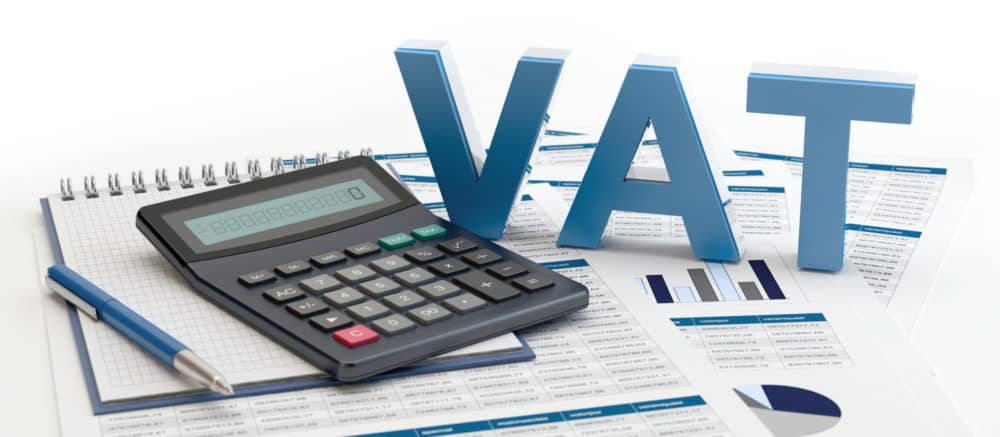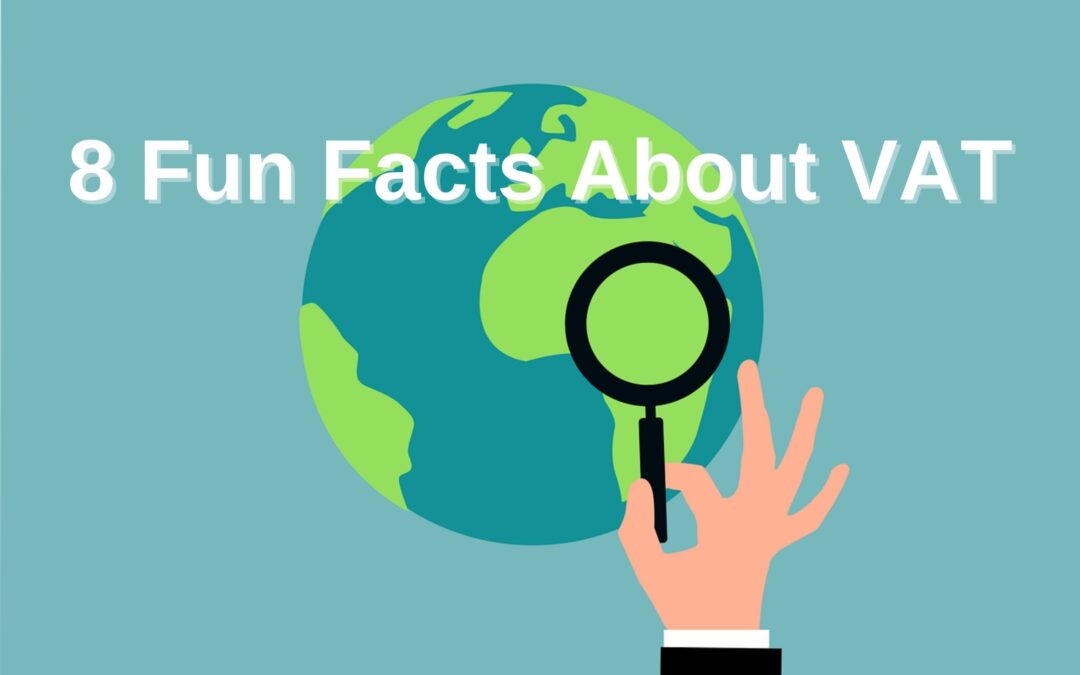If you’re running your own business in the UK, it’s essential to have knowledge of Value Added Tax (VAT).
Just this year, VAT in the UK celebrated its 50th birthday.
You might want to take a different perspective to understand VAT, as there are some interesting trivia.
VAT History
The UK introduced VAT in 1973 as a replacement for the Purchase Tax.
The initial standard rate was set at 10%.
Over the years, the VAT rate in the UK has undergone several changes and adjustments.

8 Fun Facts About VAT in the UK
1. Government Revenue:
VAT is the third-largest source of government revenue, after income tax and national insurance, contributing nearly £160 billion per year.
2. Tips (Service Charges):
If a bill includes a service charge, VAT of 20% is payable, while voluntary tips provided free of charge are exempt from VAT.
3. Takeaway Food:
The VAT treatment of takeaway food can lead to unusual distinctions.
Hot takeaway food is generally subject to VAT, while cold takeaway food is usually zero-rated.
This has sparked interesting discussions about whether certain foods are considered “hot” or “cold” and their potential VAT implications.
4. Cakes:
If you’re operating a cake shop or simply a cake enthusiast, here’s good news.
Cakes or chocolate cakes are zero-rated for VAT, which means you can save some money if you have a sweet tooth.
5. Chocolate Biscuits:
The VAT treatment of chocolate biscuits depends on certain manufacturing details.
If chocolate chips are mixed with the dough and baked, it is not subject to VAT. However, if it’s a chocolate-coated biscuit, it will be subject to the standard 20% VAT.
6. Crisps:
As a nation known for its potato products, crisps are a popular item on every store shelf.
However, crisps are subject to 20% VAT unless they are made from corn or wheat.
7. Pets:
If you purchase a guinea pig or other pets from a pet shop, it is subject to 20% VAT.
However, if you buy a rabbit, no VAT is payable because rabbits are classified as food.
8. Complexity:
VAT has always been a headache for business owners, especially when trying to sell goods to other countries.
Understanding the VAT systems of different countries is crucial.
Seeking assistance from an accounting team can simplify VAT-related matters and make them easier to manage.
Entrusting complex issues to a professional team can save you a significant amount of time, allowing you to focus on running your business effectively.


